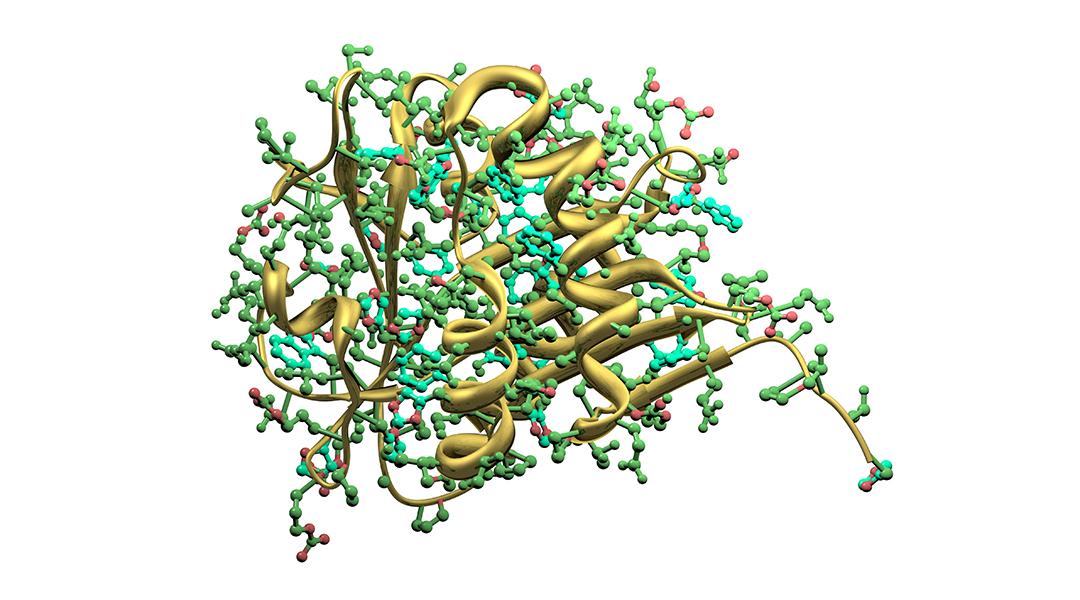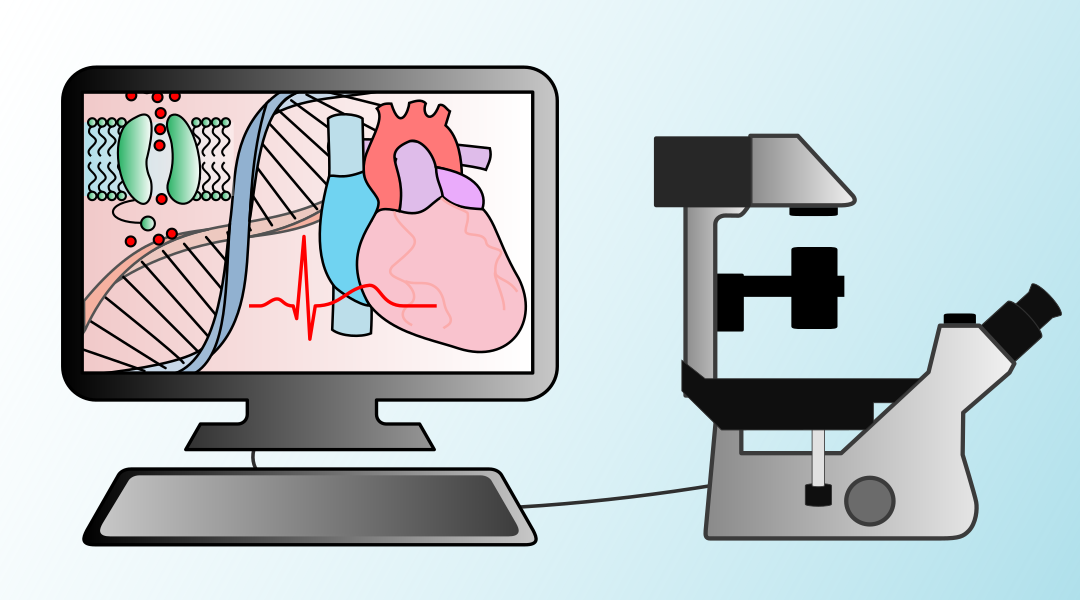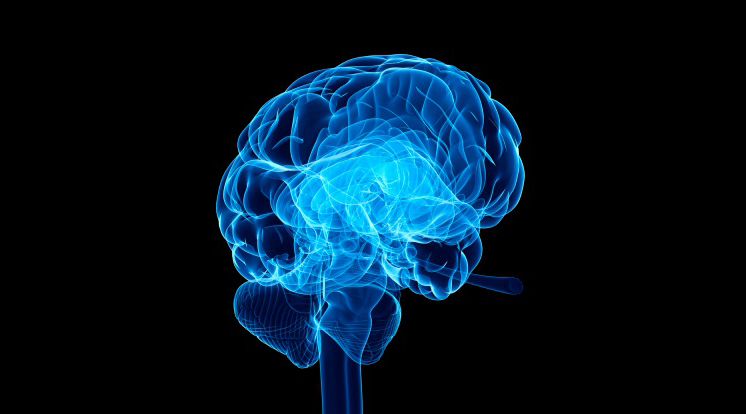Researchers have created and structured a collection of freely accessible global datasets to support future studies on floods, droughts, and their interactions with changing societies.



Researchers have created and structured a collection of freely accessible global datasets to support future studies on floods, droughts, and their interactions with changing societies.

Researchers study factors that affect the accessibility of ride-sharing programs such as Uber in Philadelphia.

Researchers from Freie Universität Berlin explore the impact of 3D pharmacophores on drug discovery, as well as recent developments in the field.

Researchers from Newcastle University and the James Hutton Institute explore how catchment systems engineering can be a holistic approach to solving some environmental problems.

Artificial enzymes promise to not only help us understand the complex functioning of enzymes, but will create a new generation of biosystems for sustainable chemistry practices.

Cardiac models are becoming increasingly accurate as predictive power improves.

Studying the links between cilia and signaling pathways sheds light on our understanding of nervous system development.

How recent advancements in the developing of photoacoustic contrast agents are creating a better imaging technology.

Fluorescent carbon dots could change the way in which we visualize cells.

There is a flooding catastrophe awaiting California — not only in the Sacramento Delta, but in the Los Angeles region.